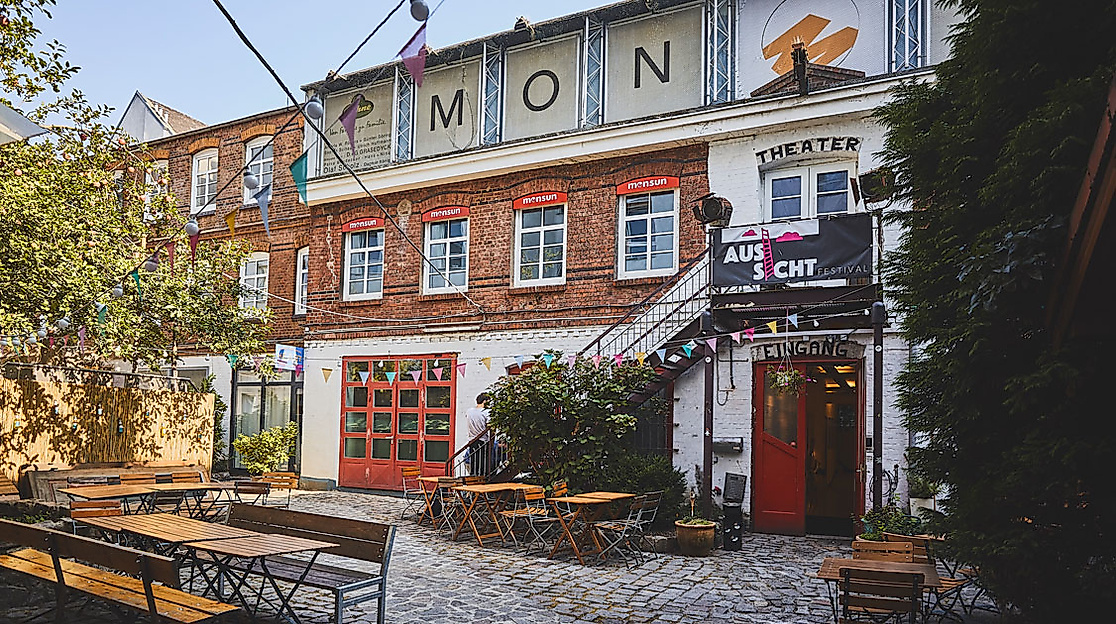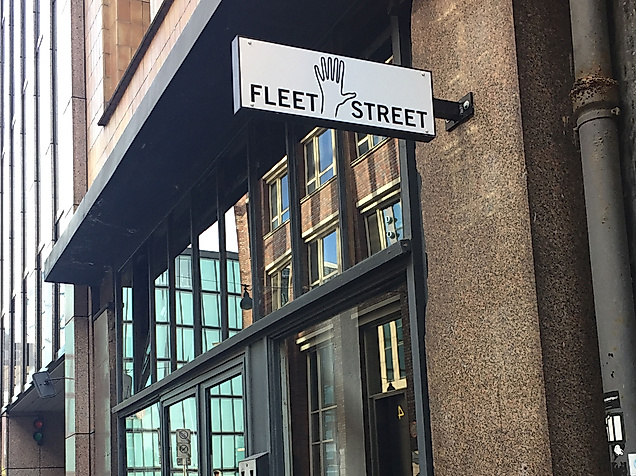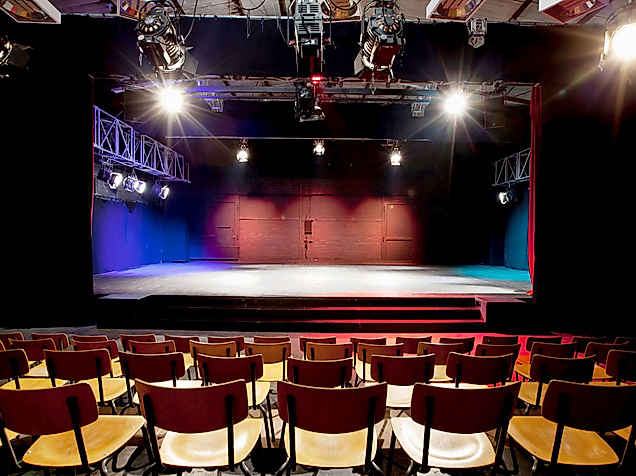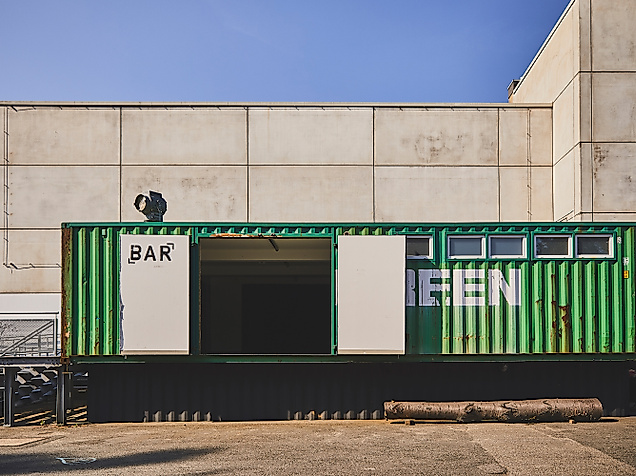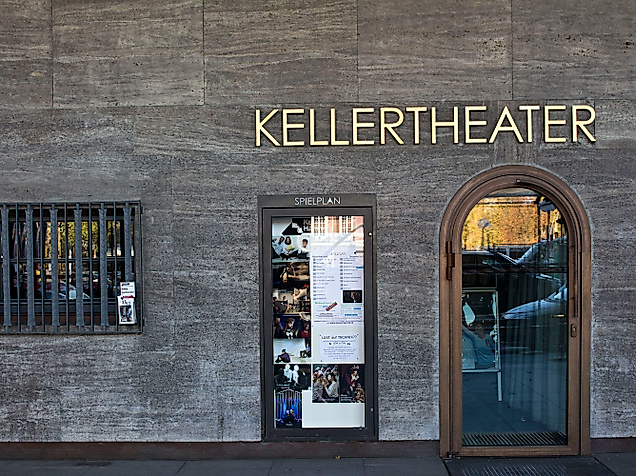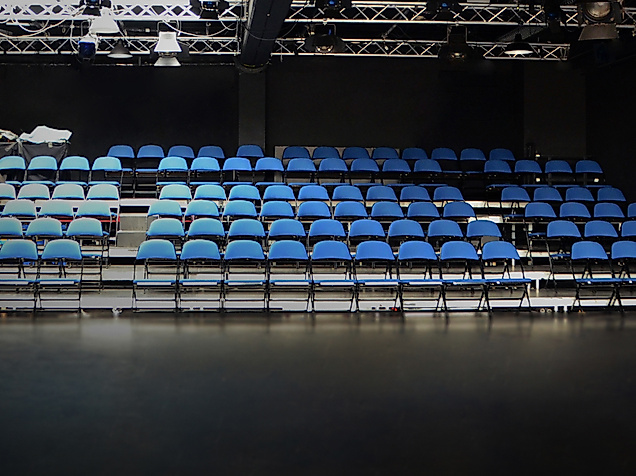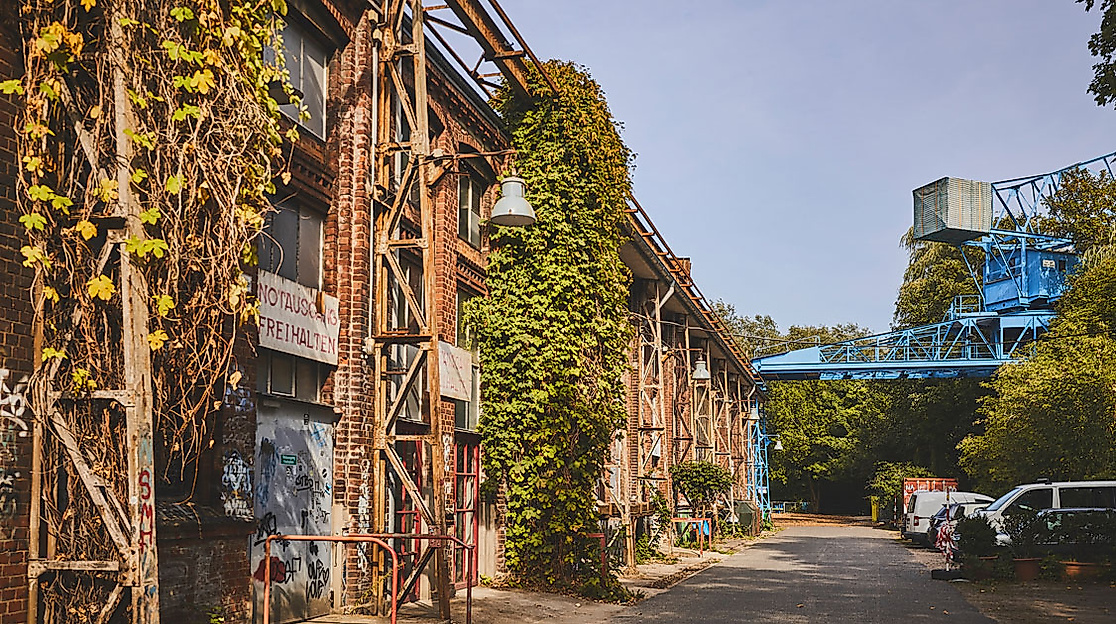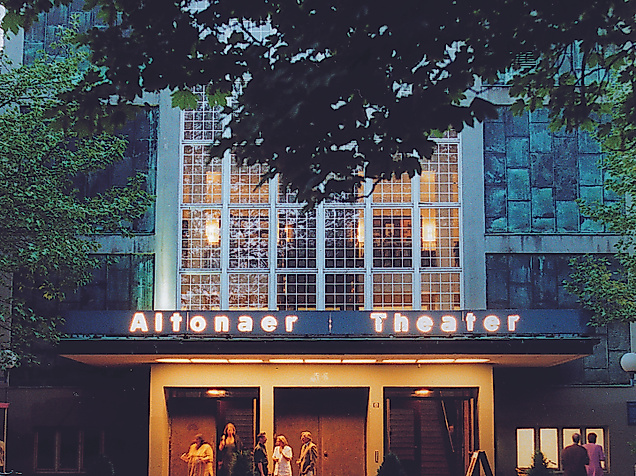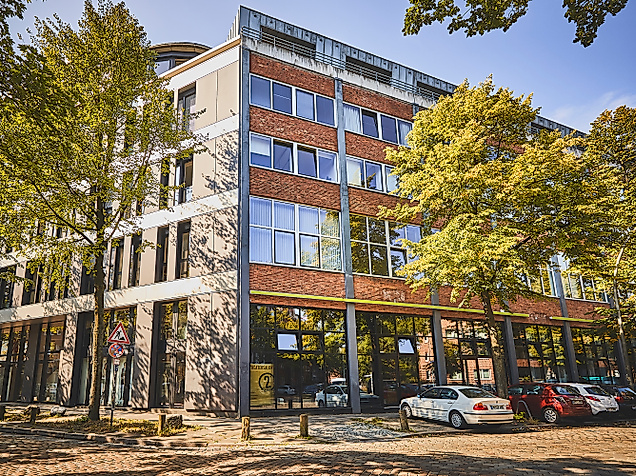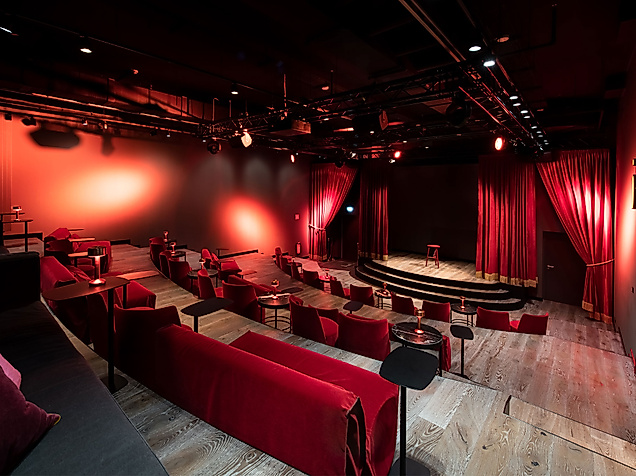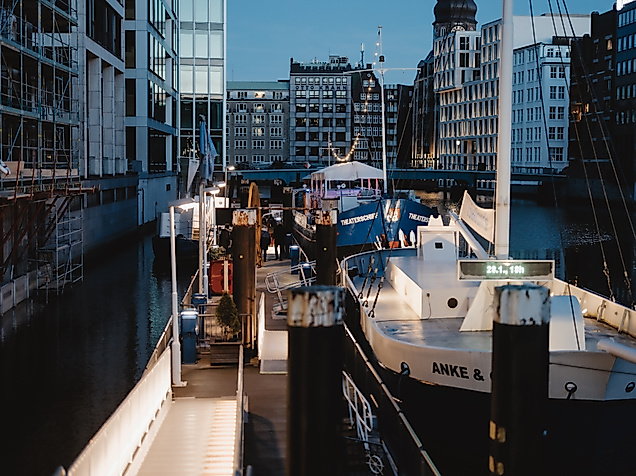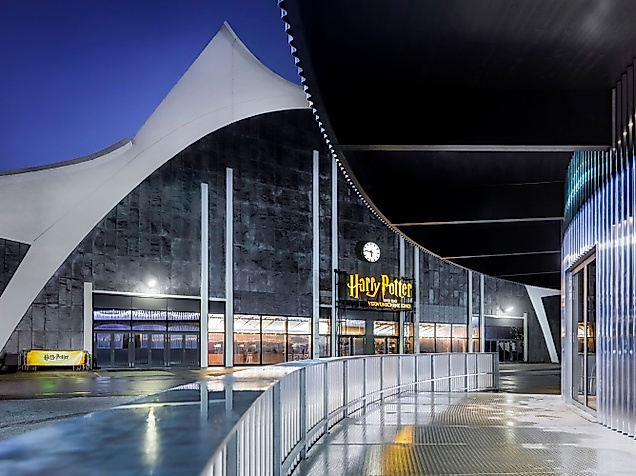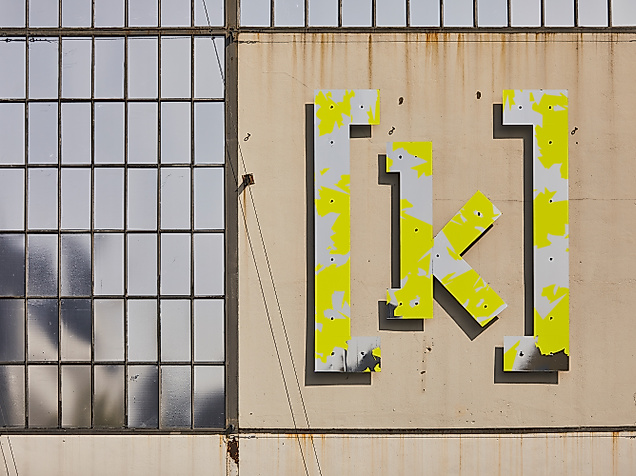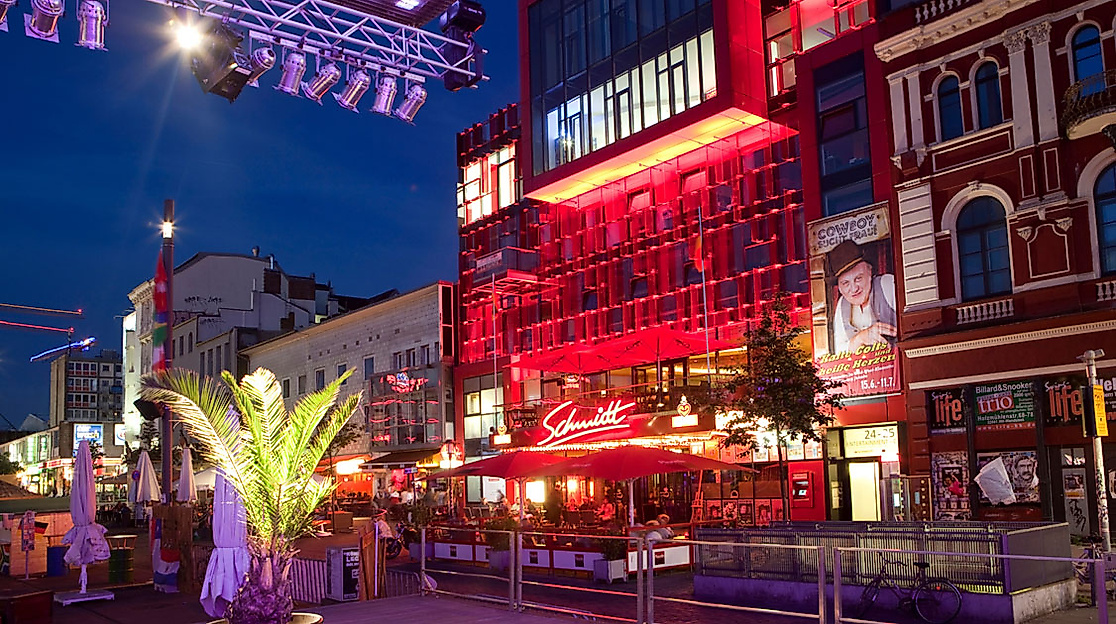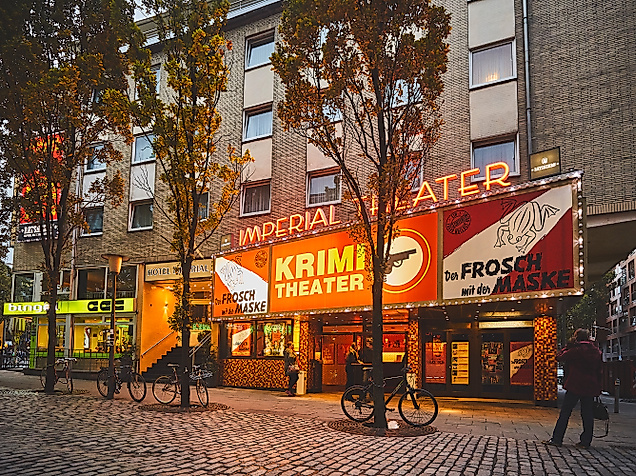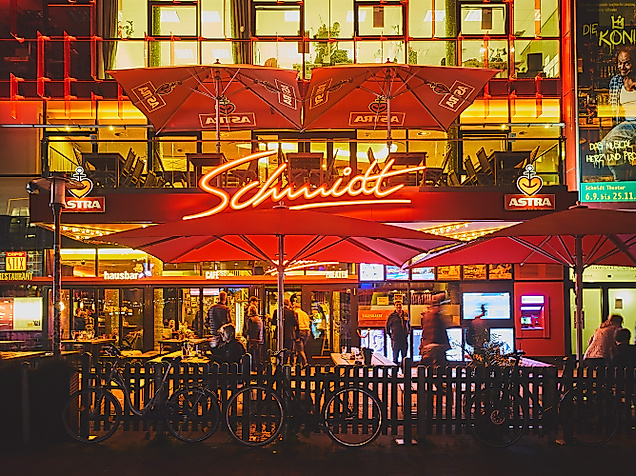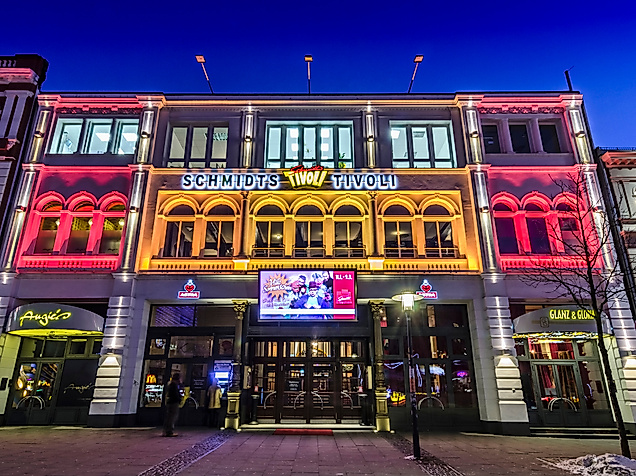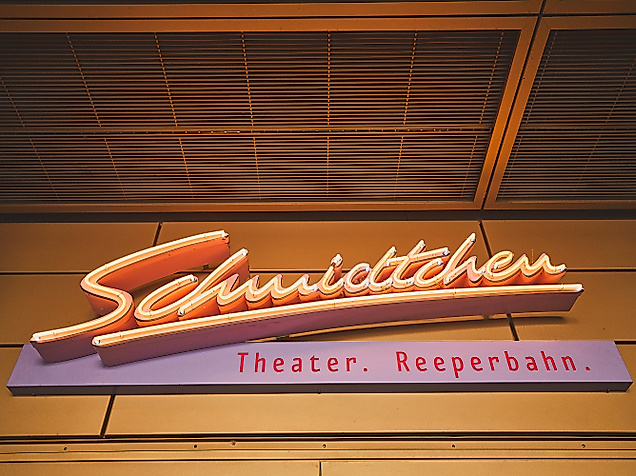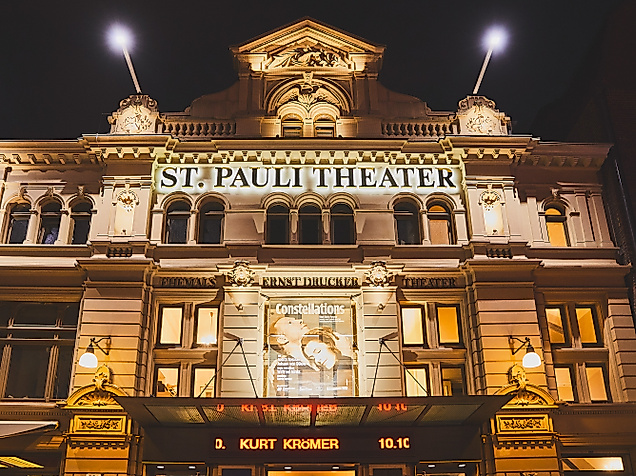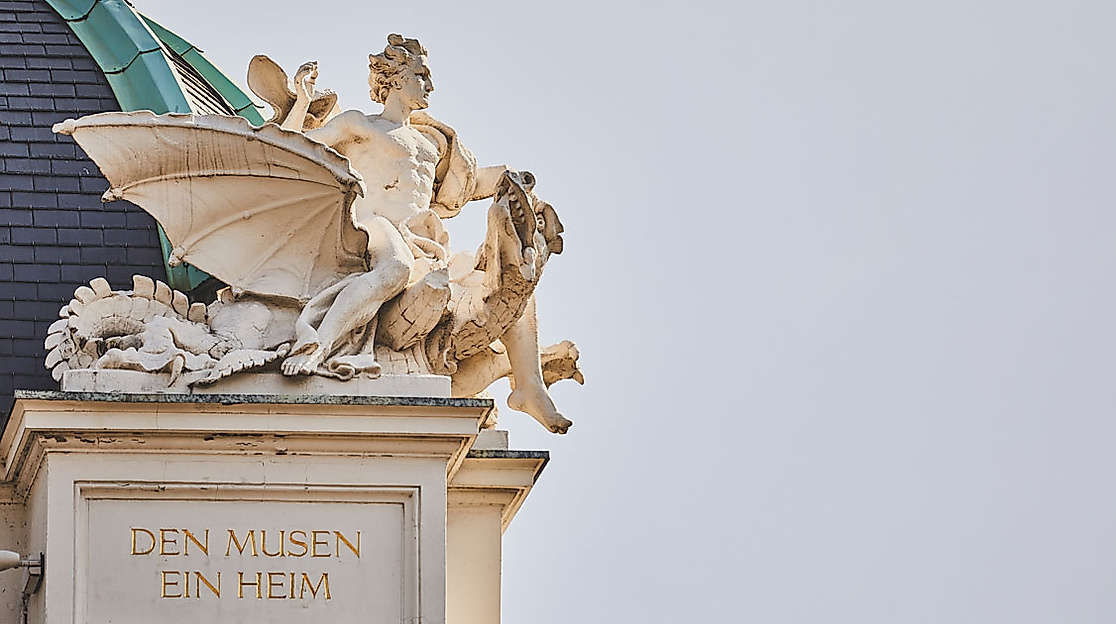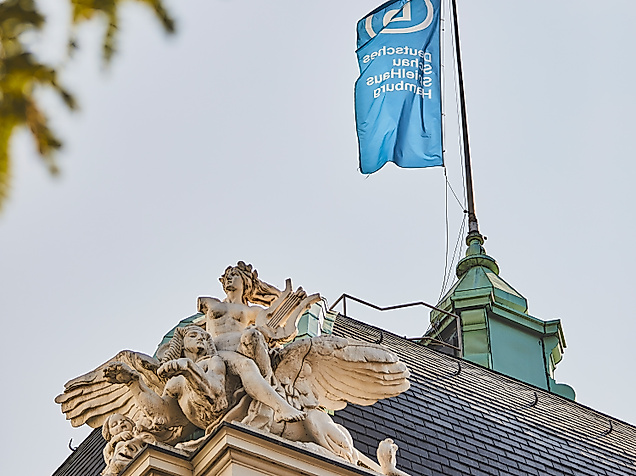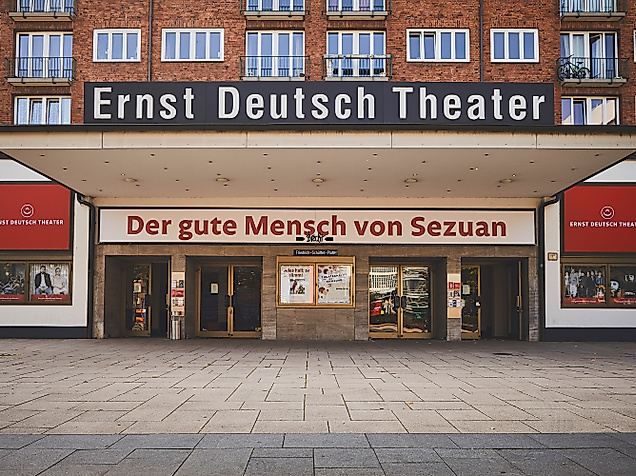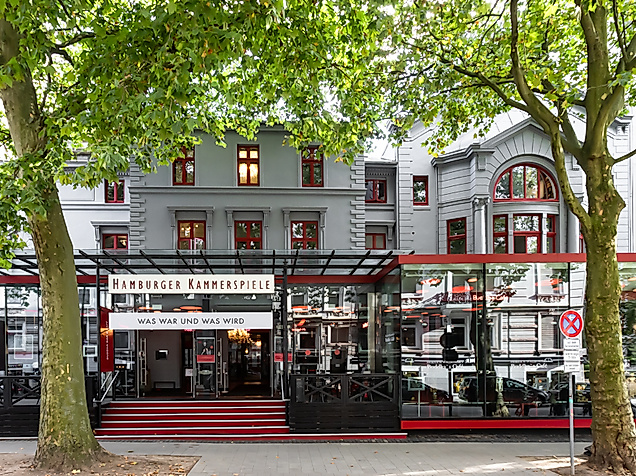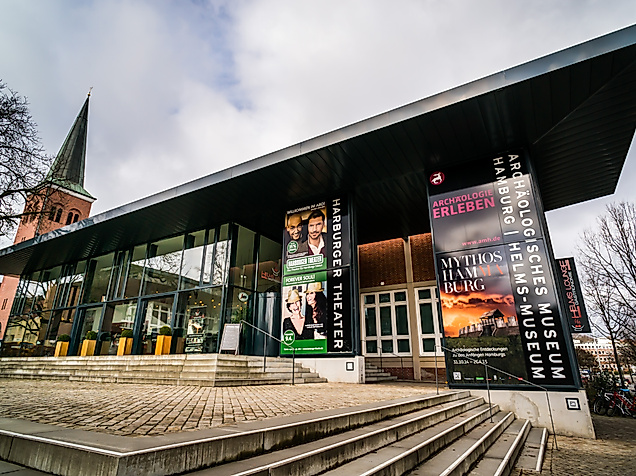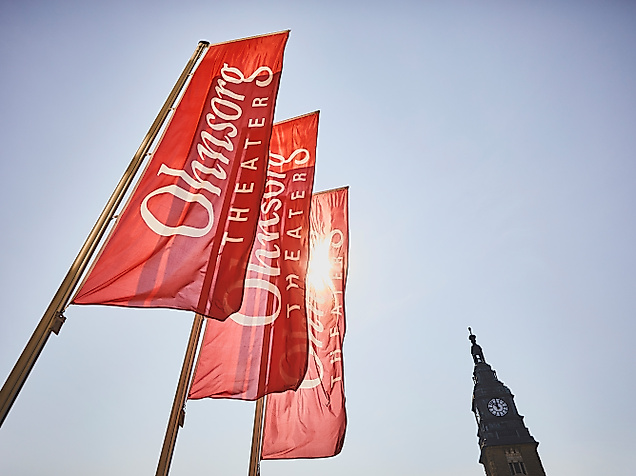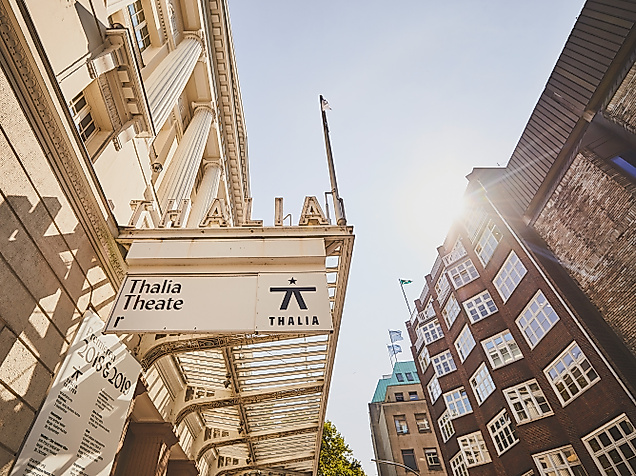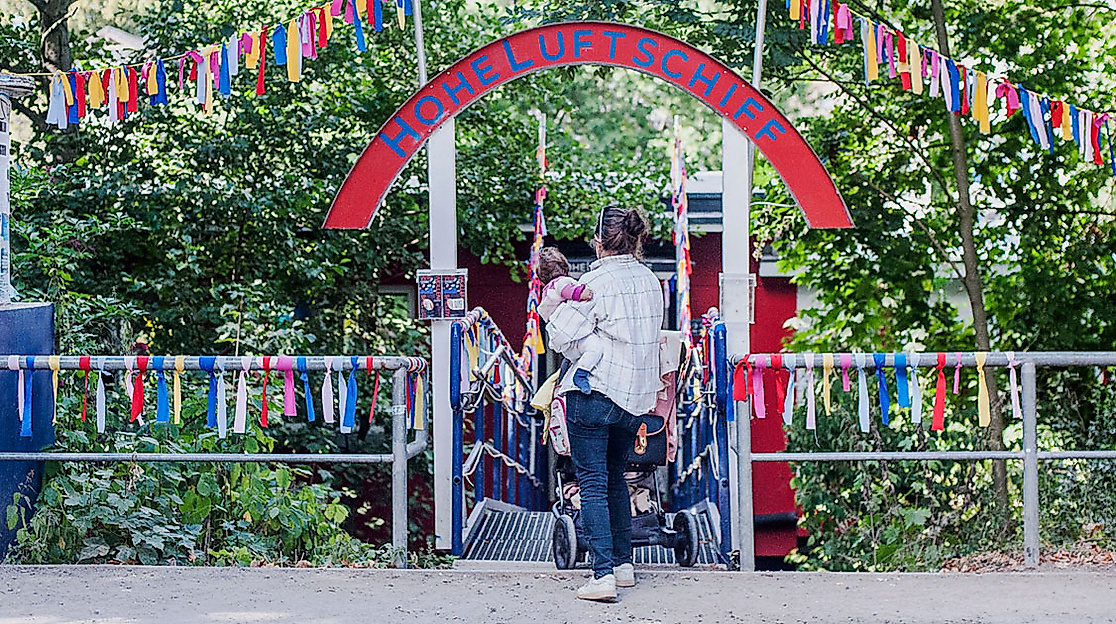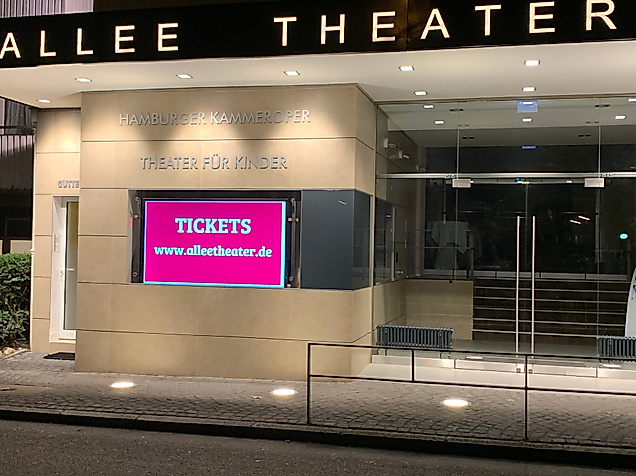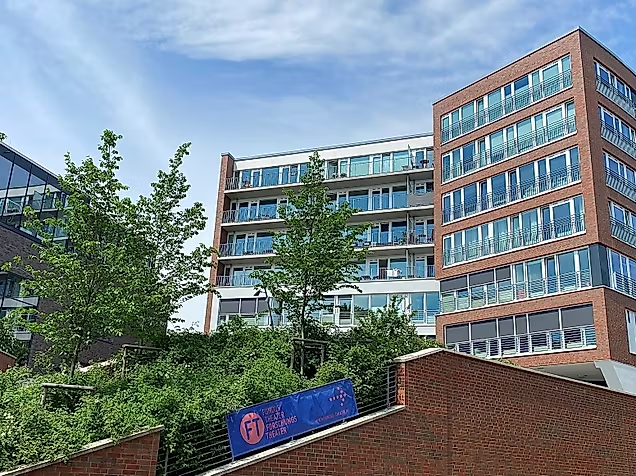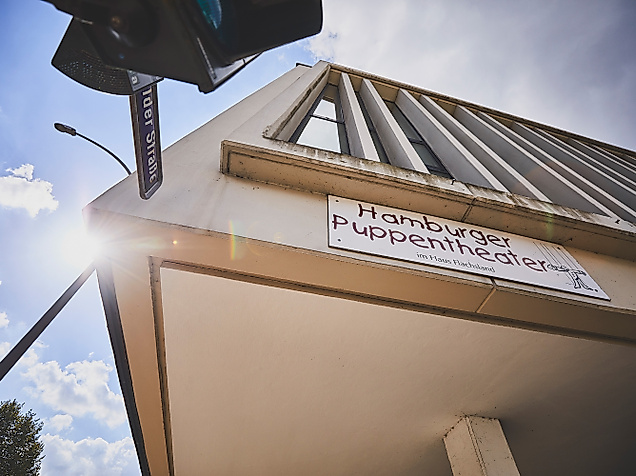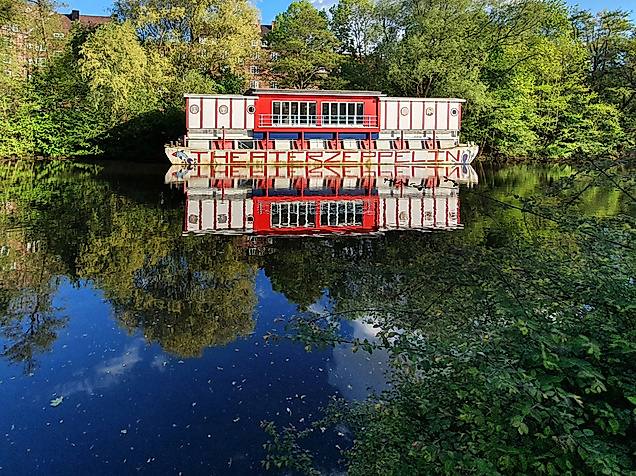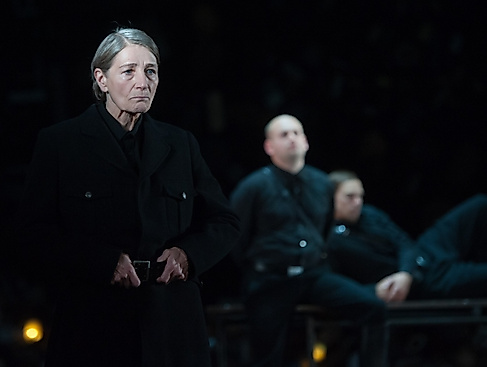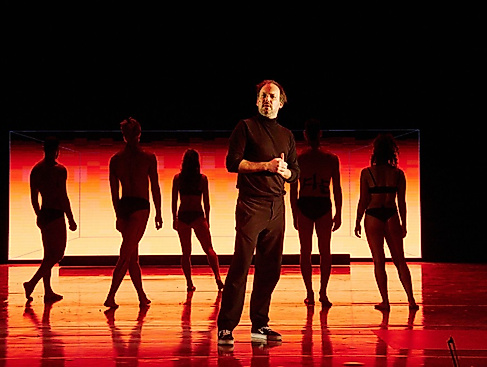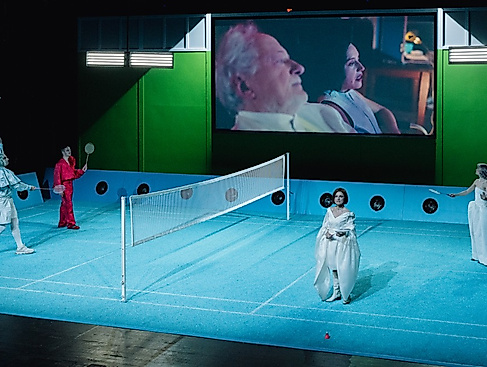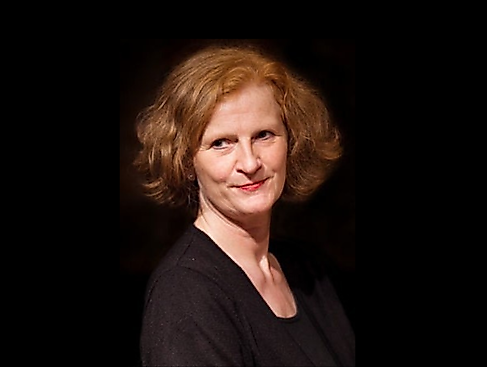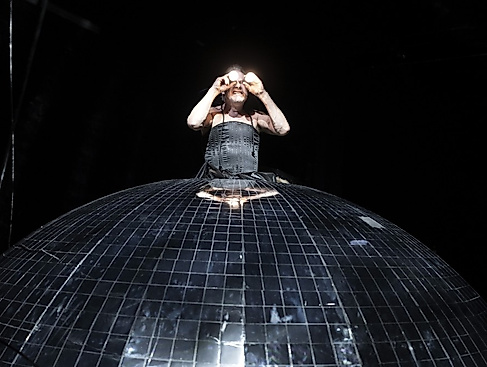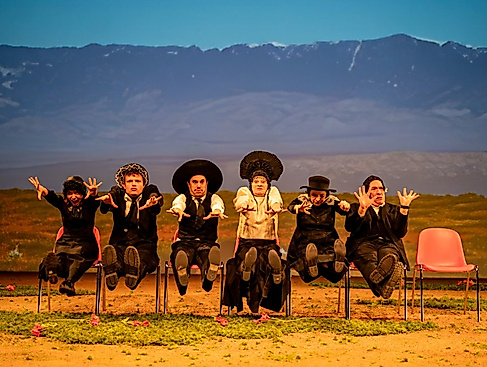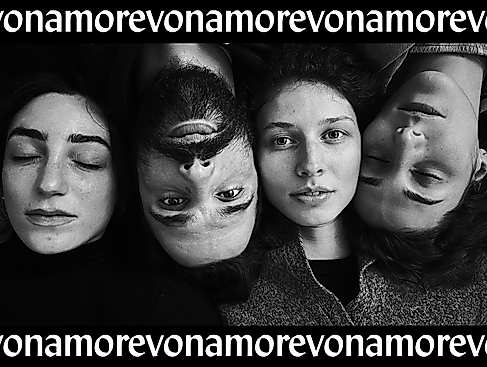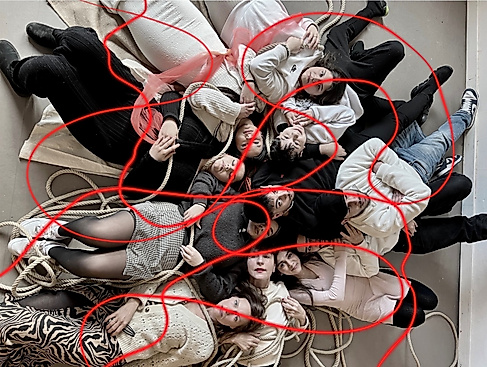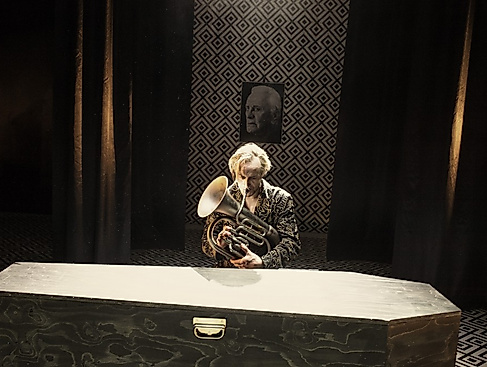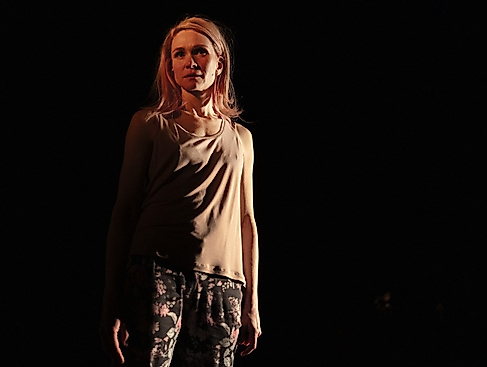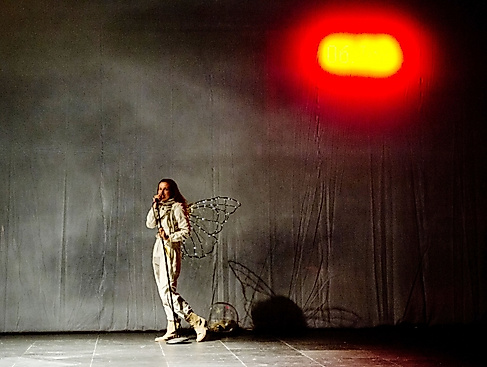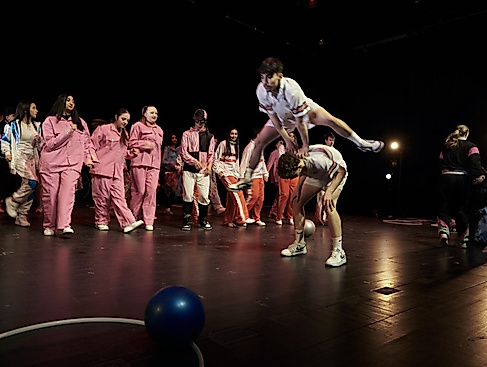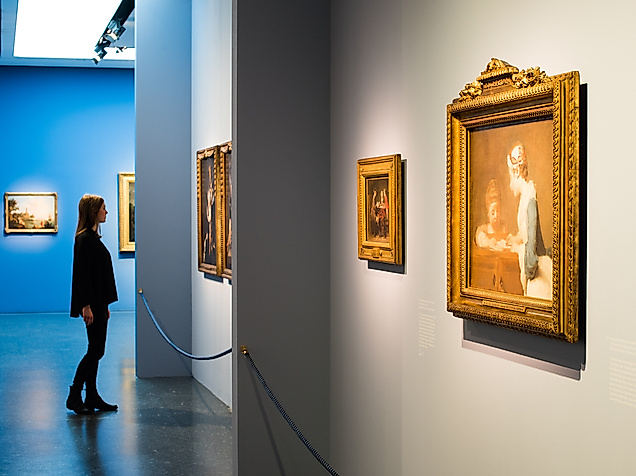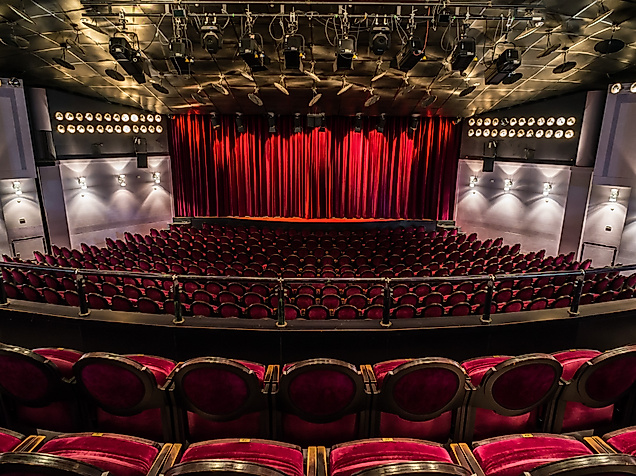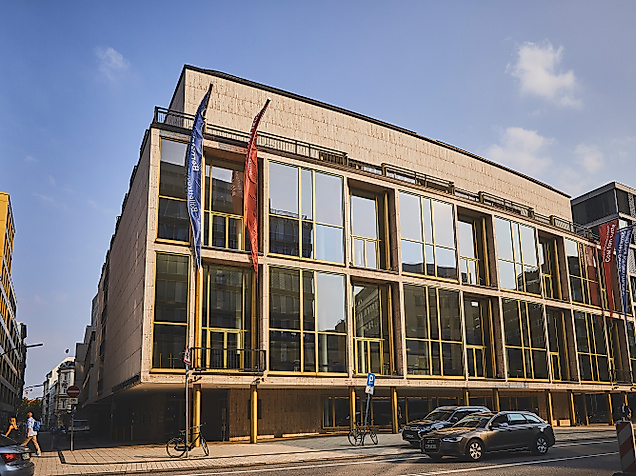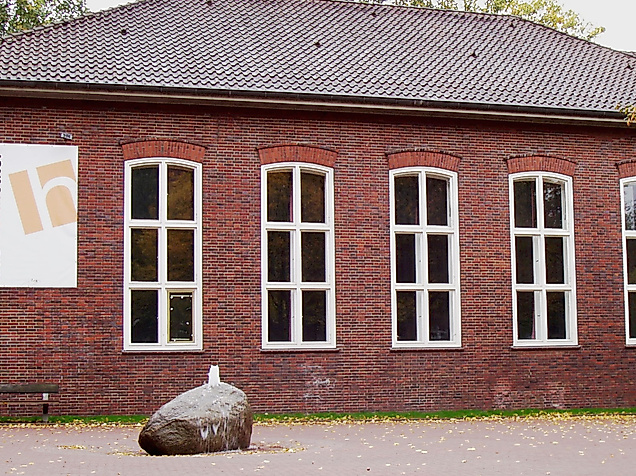

Drama & Theatre
CURTAIN UP FOR HAMBURG'S THEATRES Theatre capital Hamburg
Hamburg's theatre scene is top-class, award-winning and diverse. Audiences are particularly close to the stage and therefore right in the middle of the action, especially in the numerous small theatres, such as in the Kammerspiele or the MUT! Theatre. Of course, there are also theatres that are ‘typically Hamburglish’, such as the Ohnsorg Theatre with plays ‘op Platt’, the stars auf der Reeperbahn, St. Pauli Theatre and Schmidt Theatre or the Theaterschiff. There are also impressive buildings with a long history such as the Deutsches Schauspielhaus, the Ernst Deutsch Theatre and the Thalia Theatre. The latest addition to the theatre scene is the home of Harry Potter: the Theatre at the Großmarkt.
CHARMING AND CLOSE TO THE STAGE Small, personal theatres
Hamburg's theatre scene not only thrives on the big stages, but also on its charming small theatres. This means that everyone is really close to the action on stage. Under the arcades of the Brahms Kontor is the cosy MUT! Theatre, which offers a diverse programme of comedies, dramas and children's plays to open our eyes to the diversity of our society. Another cultural hotspot is the Off-Theater Hamburger Sprechwerk in Hamburg Borgfelde, which presents an impressive range of plays, dance theatre, improvised theatre and magic on a 160 m² stage. With just 40 seats, Theater das Zimmer is Hamburg's smallest private theatre, offering an intense experience thanks to its close proximity to the actors and interaction with the audience. Nearby is the Fleetstreet Theatre, known for its innovative productions that go far beyond the boundaries of classical theatre.
The monsun.theatre, the oldest off-theatre in the city, offers young artists a stage for contemporary plays. Gaußstraße is home to the Thalia Theater, the experimental stage of the renowned Thalia Theatre in Hamburg, which is known for its productions and bold projects that go beyond the classical theatre framework. The Kleine Hoftheater provides an intimate theatre experience, with a family atmosphere and a mixture of classical and modern plays. The Lichthof Theatre also stands out with its avant-garde productions, while the Junge Schauspielhaus promotes modern theatre art that appeals to both young and broader audiences.
MORE THAN JUST THEATRE Theatre with that special something
A few theatres in Hamburg are characterised by very special features: Whether special stagecraft, excellent gastronomy or a unique atmosphere, a special theatre experience is offered here. Kampnagel in Winterhude, also known as the ‘’culture factory‘’, offers the most modern and international productions. The Altona Theatre in the heart of Altona shines with literary works under the motto ‘We play books’. The 2te Heimat theatre combines acting with a 3-course meal or pasta. At the English Theatre, plays are performed in English by actors from London. The Theatre am Großmarkt has been showing Harry Potter and the Cursed Child in German since 2021: visitors are offered a fascinating stage adaptation of J.K. Rowling's popular wizarding world. With impressive stage magic and detailed costumes, it brings the adventures of Harry Potter and his friends to the stage. The theatre ship between Deichstraßen and Speicherstadt offers maritime theatre experiences on a floating stage. The Hafenbühne (harbour stage) in the Pier 3 Hotel combines concerts, readings and theatre. The Winterhuder Fährhaus comedy theatreon the Alster is known for its varied and high-quality productions.
IN THE CENTRE OF THE NEIGHBOURHOOD Theatre in St. Pauli
St. Pauli is not just about club culture, it also has some impressive theatres that put on a varied stage programme. The Schmidt Theatre in Hamburg is known for its entertaining and humorous productions. With a varied programme ranging from musicals and comedies to variety shows, it offers a lively and creative theatre experience. The St. Pauli Theatre is one of the oldest theatres in Germany. Located directly on Spielbudenplatz, the plays performed are characterised by being robust, popular and intelligent, with entertainment of the highest calibre.
Germany's largest crime theatre, the Imperial Theater, is located in an old cinema in the heart of St. Pauli. The programme ranges from exciting classics to humorous crime comedies and gripping psychological thrillers, making the hearts of crime fans beat faster. Schmidts Tivoli is probably the best-known theatre in St. Pauli. In addition to the musical Heiße Ecke, many other classics are also performed here. The Schmidtchen, the newest addition to the Schmidt family, can be found in the Klubhaus St. Pauli. The small, flexible neighbourhood stage impresses with its fresh and experimental concept.
CENTURIES OF HISTORY MEET MODERN CULTURE Theatre with tradition
The Deutsches Schauspielhaus and the Thalia Theatre in Hamburg are two important cultural institutions in the city and look back on a long history. The Deutsches Schauspielhaus, one of the largest and most traditional theatres in Germany, delights audiences with its sophisticated dramatic art. The Thalia Theater, known for its innovative and varied programme, offers a wide range of modern and classical plays. Both theatres play a key role in shaping Hamburg's theatre scene and offer unforgettable theatre experiences. At the Ohnsorg Theatre, plays are performed in Low German - a Hamburg institution with a long history. The theatre has been around since 1902, when it was founded as a theatre association under the name ‘Dramatische Gesellschaft Hamburg’. The Hamburger Kammerspiele is also a theatre steeped in tradition - formerly municipal, now private. The theatre was founded in 1918.
Theatre 47 was founded in 1947 and has been committed to maintaining the Low German language ever since. In the past, over 183 plays have been staged in Low German. The Harburg theatre in Hamburg looks back on a long tradition and has been an important part of regional theatre culture for decades. After being destroyed in the Second World War, it was refounded in 1949 and, after a number of challenges, has earned a firm place in Hamburg's cultural landscape thanks to its committed productions and varied programme.
The Ernst Deutsch Theatre in Hamburg, founded in 1951, is an important theatre with a rich tradition. It offers a varied programme ranging from classical dramas to modern plays. The theatre's long history is reflected in its timeless atmosphere. The Volksspielbühne Rissen in Hamburg is a traditional amateur theatre that has been shaping the local cultural scene since 1955. With a dedicated team of amateur actors, it stages classic and modern plays and cultivates the theatre tradition in the Rissen district.
THEATRE EXPERIENCE EVEN FOR THE YOUNGEST Theatre for children
There are also plenty of options for little theatre fans in Hamburg. From puppet theatre to musical shows, the stages in the Hanseatic city offer exciting and imaginative stories that will make children's eyes light up. For example, the lovingly designed Hoftheater Ottensen - Kindertheater Wackelzahn is located in a backyard in Altona, where fairy tales and preventative plays for children and young people are performed in great surroundings. Also in Altona is the Allee Theatre, which is home to both the theatre for children and the Hamburg Chamber Opera. The special thing about the theatre for children is that well-known drama and opera classics are adapted for budding theatre fans, allowing them to be introduced to musical theatre.
The Hoheluftschiff offers a unique combination of maritime experience and children's theatre. For visitors, it's cast off and spot on. Every year, 100 to 130 performances take place in the Hoheluftschiff, where children can also show off their skills on stage. The Hamburg Puppet Theatre shows the whole variety of puppet theatre for families, nursery groups, schools and once a month even for adults. Here, classic fairy tales and modern stories are lovingly brought to life in Hamburg's only puppet theatre. The latest addition is the Fundus Theatre, which opened in 2023. Children and adults can discover theatre together here. With interactive and innovative productions, the theatre invites you to think creatively and join in. The aim is to make theatre an experience for all the senses.
ALL THEATRES AT A GLANCE FROM A TO Z Small and large theatres, historic and modern buildings, classical and experimental productions
Hamburg's theatres have something for everyone. Click through the following overview list from A to Z in search of the right theatre for your personal taste.
